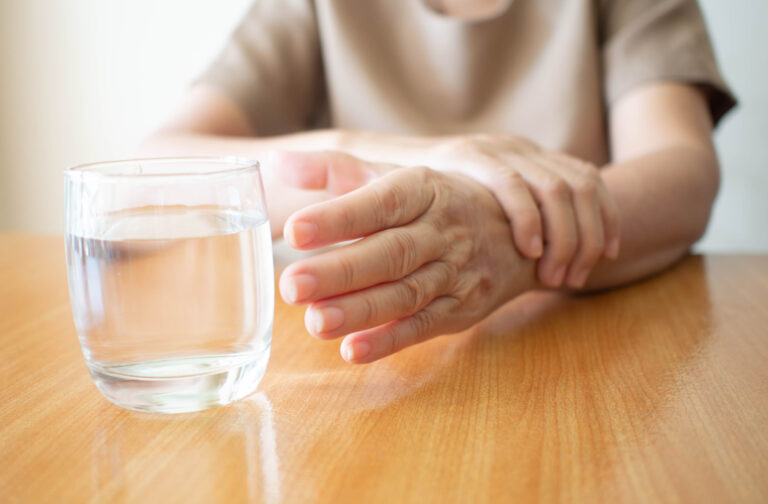Is Parkinson's Disease a Disability?
Parkinson’s disease is a progressive neurological disorder that affects movement, coordination, and motor skills. While the severity varies from person to person, many individuals experience symptoms that significantly impact daily activities, leading to its classification as a disability in many cases.
Key Takeaways:
- Parkinson’s disease is often recognized as a disability due to its impact on motor functions and daily living activities.
- The disease’s progression can affect a person’s ability to work, perform routine tasks, and maintain independence.
- Individuals with Parkinson’s may qualify for disability benefits, offering financial support and resources for managing the condition.
Is Parkinson’s Disease a Disability?
Yes, Parkinson’s disease is generally considered a disability. Its progression can lead to significant challenges in movement, speech, and cognitive functions, making daily tasks difficult. Many individuals qualify for disability benefits to help manage the condition’s impact on their lives.
How Parkinson’s Disease Qualifies as a Disability
Parkinson’s disease is classified as a degenerative neurological disorder, and as it progresses, it impacts various aspects of a person’s life. The hallmark symptoms—tremors, stiffness, slowness of movement, and balance issues—can worsen over time, making it harder to perform routine tasks. For many, these physical limitations qualify Parkinson’s as a disability, both in terms of legal definitions and practical impact.
In the United States, the Social Security Administration (SSA) recognizes Parkinson’s disease as a condition that can lead to disability. When symptoms prevent someone from working or completing daily activities independently, they may be eligible for Social Security Disability Insurance (SSDI) or Supplemental Security Income (SSI). Medical documentation and a comprehensive assessment of how the disease affects one’s functional abilities are key to receiving these benefits.
The Impact of Parkinson’s on Daily Living
While early stages of Parkinson’s may present only mild inconveniences, as the disease progresses, individuals can experience difficulty with simple tasks like walking, dressing, or even speaking clearly. Many also face non-motor symptoms, such as depression, sleep disturbances, and cognitive changes, which can further impair their quality of life.
These challenges often make it impossible for individuals with Parkinson’s to maintain employment or live independently, contributing to its classification as a disability. As symptoms evolve, patients may need assistive devices like walkers or even full-time caregiving support.
Navigating Disability Benefits for Parkinson’s Disease
If Parkinson’s disease has progressed to the point where it significantly affects daily functioning, applying for disability benefits can provide much-needed financial support. The process typically requires extensive medical documentation, including reports from neurologists and other healthcare providers, to demonstrate how the disease limits physical and cognitive abilities.
Get Expert & Professional Help Today!
In-home physical therapy provides a valuable service for patients dealing with a variety of conditions, offering both convenience and customized care. Whether you’re managing arthritis, recovering from surgery, or working to improve balance, in-home PT allows you to heal and regain your independence without leaving the comfort of your home. If you’re in need of physical therapy and looking for a more personalized approach, consider the benefits of in-home services.
Steven Cheung, DPT
Steven is the founder and lead physical therapist at SYNAPTIC Rehabilitation. He earned a BS in Exercise Science Applied Kinesiology from Rutgers University in New Brunswick, NJ and his Doctorate degree from American International College in Springfield, MA. Steven specializes in movement disorders such as Parkinson’s disease and many other neurological disorders. Outside of practicing physical therapy Steven enjoys time with his wife, running, and staying active.

